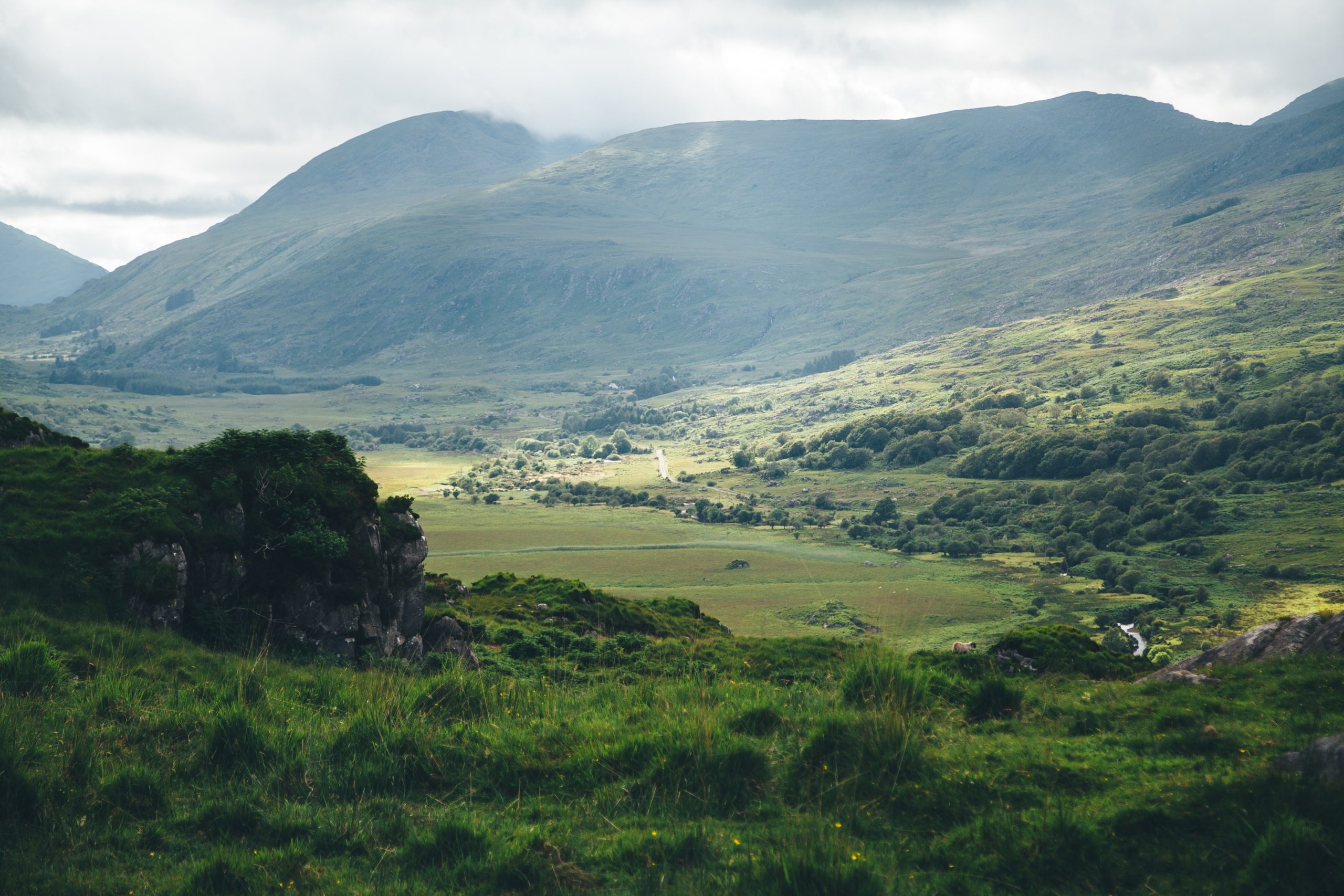Mixed results in climate change assessment for Ireland

An independent review by Friends of the Earth measuring the overall progress on climate change and the environment in Ireland was given a scoring of 8.5 on waste policies but only a 4 on agriculture and forestry.
The leading environmental organisation assessed the progress on 300 government commitments associated with the environment and climate change and awarded each one a possible score out of 10. Three professors Dr Cara Augustenborg, Dr Paul Deane and Prof Diarmuid Torney, spent months measuring what progress was achieved in each area. The study is a new way of assessing climate and environmental policies. The overall result was that the Government reached a level of moderate progress in the initial year of the Coalition.
The report suggested that there were clear signs of progress in some areas, but in other areas progress was not at a rate that would enable targets to be reached. The highest-scoring category was in the waste sector, with definitive progress highlighted due to the Waste Action Plan for a Circular Economy and measures to tackle single-use plastic. In contrast, agriculture and forestry scored the lowest and showed lower levels of progress. The report points to the two major strategies for agriculture, “Agclimate” and “Food Vision 2030”, as not aligned with climate goals and emission targets.
The finds suggest that the existing agri-food strategy supports a model associated with escalating nutrient pollution and increasing issues of water quality levels in Ireland. The study indicated that many of the commitments made on forestry has not been translated yet into action.
Nature and biodiversity received a relatively low score in the study. The report highlights the positive steps for new funding for the National Parks and Wildlife Service but indicated that more was required. It explained that progress had remained relatively slow on developing a citizen’s assembly on biodiversity and suggested more action on the delivery of the National Diversity Action Plan.
Two areas did receive more positive results, one being climate, which benefitted from targeted legislation and improved governance. The second area was air quality due to new solid fuel regulations and an extended restriction to smoky coal. The remaining other categories gained better scores, with a mixed result in terms of overall progress. Transport has benefitted from added investment into greenway and safe cycling routes, but there remains a general lack of progress in terms of public transport plans. In the building industry, the market has benefited from additional funding to enhance the efficiency of new builds, but the report highlighted that the lack of a national retrofitting plan and support for retrofit pay-back schemes was hindering overall progress.
The study concluded that it was evident that climate and environmental issues had become more pronounced on the political agenda in the last year. There are clear signs of considerable progress in some areas, but there are still concerns regarding biodiversity, water quality and agriculture. The professors explained that the study had been insightful in assessing individual areas. While the breadth of policies is encouraging, the overall pace of implementation remains a concern.
Oisín Coghlan, director of Friends of the Earth, stated that the scorecard emphasised how important it was that people continued to focus on climate campaigning and the necessity for the pace of change to improve.
All News
